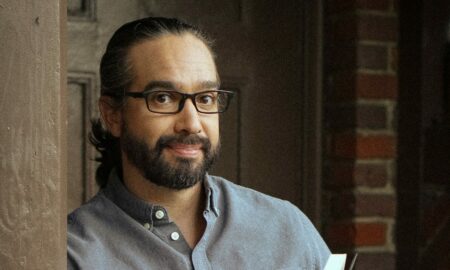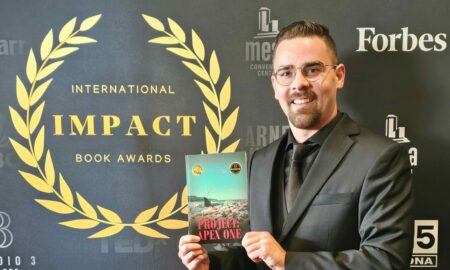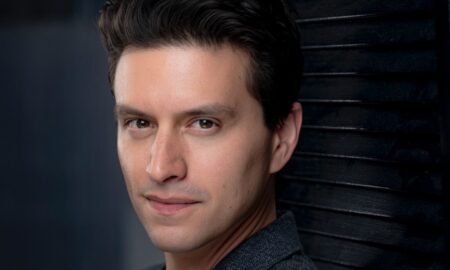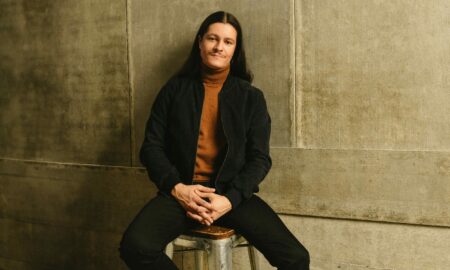

Today we’d like to introduce you to Clare Kelly.
Clare, please share your story with us. How did you get to where you are today?
In 2014, I decided to found Hesse Press. I was 25 and felt very passionately about pursuing the creation of the press. I was one of those children who read during recess and have always loved books and believed in books. The creation of the press was one of those things where the dominoes just lined up and I took a leap of faith. It is named to honor the late artist Eva Hesse, who was a huge inspiration to me.
Has it been a smooth road?
Overall, I’ve been amazed at the success of the press, considering it is a tiny operation. It’s amazing to sell out of books or to have people tell you that a book you solicited and edited means something to them. Getting to help artists and writers is a privilege, and honestly I only wish I had more time, energy and money to do so.
Getting books out to people who might be interested can be tough. Things have started to improve, as there is a kind of mini-art book fair boom, and art book organizations like Acid-Free have started to construct independent art book distribution methods. On the East Coast, Printed Matter has also been a huge support. And Small Press Distribution, while they don’t distribute monographs, has been fantastic at getting the two non-fiction books I edited last year out to the public and to libraries. Skylight books and OOF books at the MOCA here in LA have been very supportive as well.
Please tell us about Hesse Press.
We primarily publish artist monographs that focus on contemporary art in Los Angeles. The art director of the press is artist and graphic designer John Wiese. I’m proud of the depth and breadth of our monograph series, which is physically small, but thoughtfully produced and designed in limited and potentially collectible editions. The highest praise we’ve ever received was at a book fair in San Francisco when an older man spent a long time looking at all of our publications. He then pronounced our press to be “zen”.
How do you think the industry will change over the next decade?
Artist books are not a great fit for e-readers, and they have enough culture and community built around them that there will continue to be venues and a market for them to exist physically in a microcosm, although there are all the downsides of the tropes and cliches of newly antiquated media (vinyl, cassettes, CDs, film). Of course, the way they get made at all is more a mystery than a science, even to me. To call this an industry at all is a bit of a misnomer. I sometimes wonder if my “press” should really be called an “imprint”. Then that begs the question, an imprint of what?
Contact Info:
- Website: Hessepresse.com
- Email: [email protected]
- Instagram: @hessepress
- Facebook: @hessepressla
- Twitter: @hessepress







Suggest a story: VoyageLA is built on recommendations from the community; it’s how we uncover hidden gems, so if you or someone you know deserves recognition please let us know here.




















